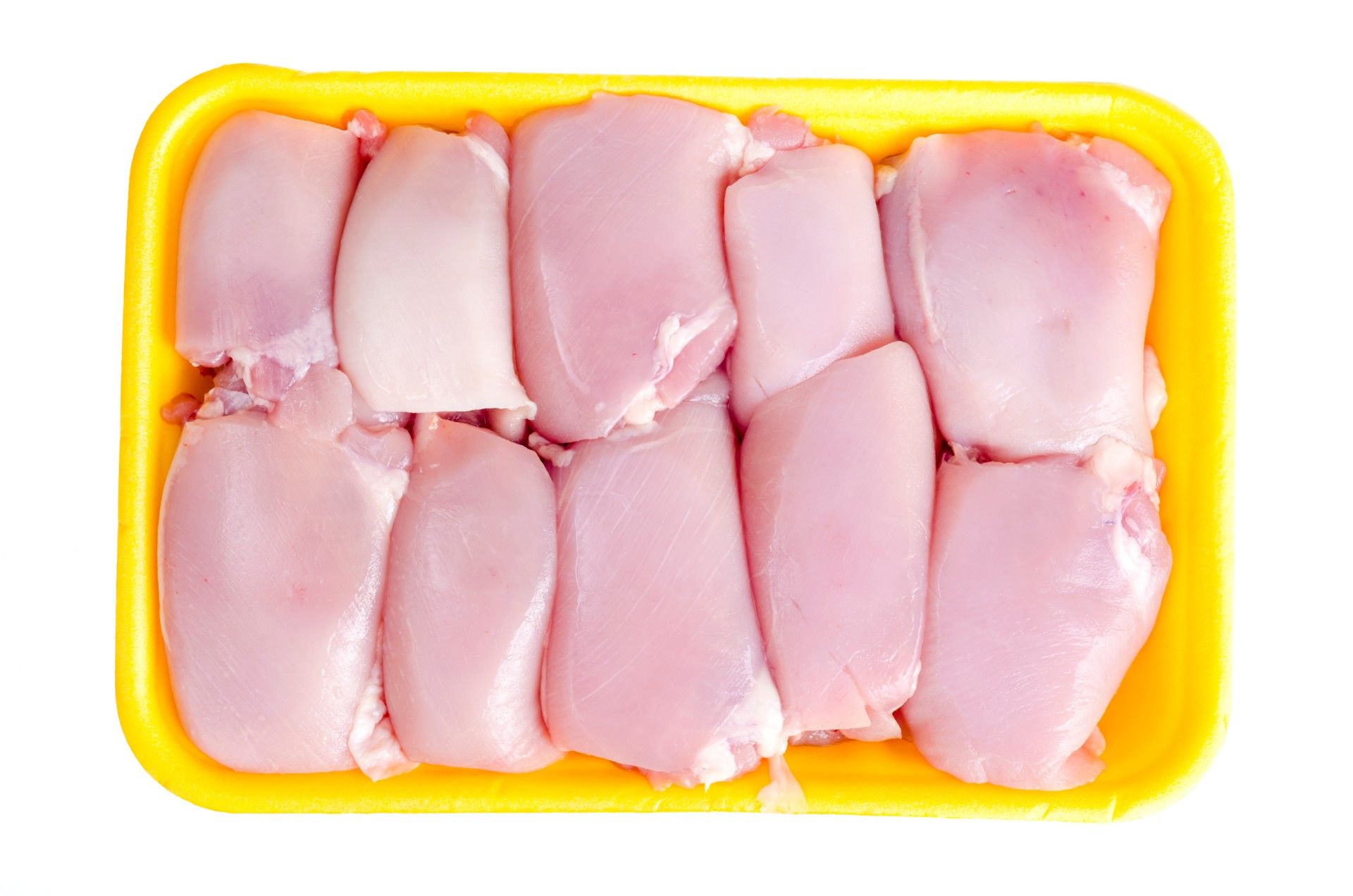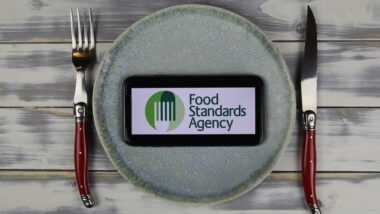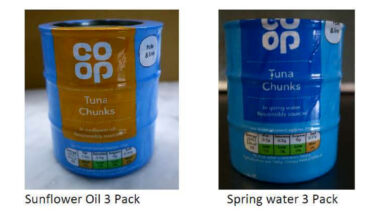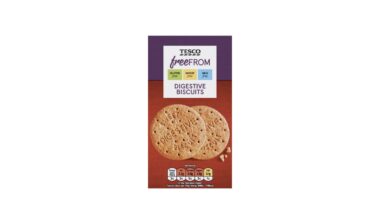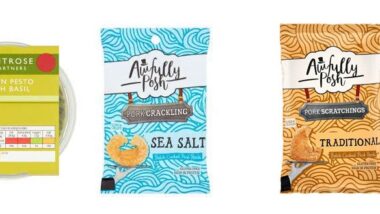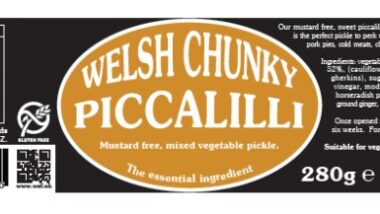Be on the lookout for dangerous listeria-contaminated chicken from a major supermarket.
A batch of chicken has been recalled due to listeria, which can cause serious illness, the Irish Examiner reported. If you bought chicken from Lidl Supermarket, be aware of the active recall.
The Chicken Recall
The Food Safety Authority of Ireland (FSAI) has issued the recall for Faughan Foods’ “The Glensallagh Family Pack” of roast chicken breast.
The infected chicken is sold at Lidl in 240-gram packages across Ireland. The listeria-tainted chicken has a best-used-by date of 13 September 2020; the batch code is P3527.
Consumers who have bought this specific package of roast chicken breast pieces should not consume it.
The FSAI has requested that Lidl take the listeria-contaminated chicken off the shelves. Lidl stores that sold the infected product have been asked to display chicken recall notices in the store.
The Symptoms of Listeria Infections
Listeria infections are a foodborne bacterial sickness that is usually caused by consuming poorly process deli meats or unpasteurised dairy products.
If you have a listeria monocytogenes infection, you may experience a number of symptoms.
According to the Mayo Clinic, common symptoms of listeria infection include nausea, vomiting, diarrhea, chills, achy muscles or a fever that won’t quit.
If you have a severe listeria infection, serious complications can occur.
In rare cases, a severe infection can spread to your nervous system and cause terrible headaches, stiff neck, confusion, trouble keeping balance and convulsions.
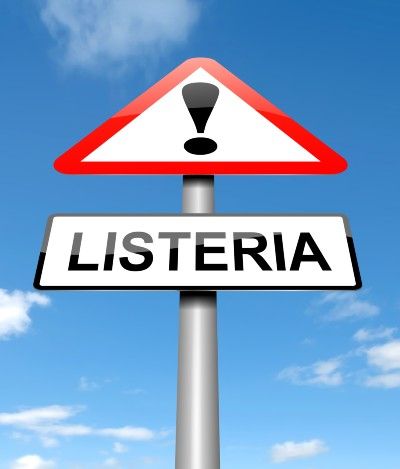
People who are most vulnerable to listeria-caused illness include pregnant women, babies, the elderly and those with compromised immune systems, according to the Mayo Clinic. People with AIDS, chemotherapy patients, those with diabetes and those taking high doses of prednisone are also vulnerable.
Healthy people are not likely to become sick from a listeria infection, but if a pregnant woman consumes contaminated food, the sickness can be deadly to the unborn child .
Newborns are also vulnerable to listeria bacteria.
Getting an antibiotic quickly can help reduce the symptoms of the infection.
If you’ve eaten the product involved in the chicken recall or other food suspected of containing listeria, be on the lookout for developing symptoms. If you break out in a fever or have achy muscles or diarrhea, you should contact your doctor.
Go to the emergency room if you have a high fever, bad headache, stiff neck, change in alertness or light sensitivity. These severe symptoms can be signs of bacterial meningitis, which is a deadly complication of listeria sickness.
Preventing Listeria Infections
Listeria bacteria are hardy and can live through refrigeration and freezing, so taking proper precautions is important.
To prevent listeria infections, follow these guidelines:
- Wash your hands before and after preparing food. Wash utensils and preparation surfaces;
- Clean raw produce with a scrub brush and water; and
- Cook food to the proper temperature. Using a food thermometer for meat is helpful.
High-Risk Foods for Listeria Contamination
According to MayoClinic, pregnant women and those who are vulnerable to listeria should avoid high-risk foods.
Listeria can contaminate the following:
- Soft cheeses such as feta, brie or queso;
- Deli meats and hot dogs;
- Refrigerated meat spreads (canned or shelf-stable meat spreads are OK to consume);
- Smoked seafood, such as lox (cooked or shelf-stable packaging is acceptable); and
- Raw or mildly cooked sprouts (all sprouts should be sufficiently cooked).
Were you aware of the chicken recall? Tell us your thoughts in the comments.
Check back daily for the most recent U.K. class action lawsuit and consumer protection news.
ATTORNEY ADVERTISING
Top Class Actions is a Proud Member of the American Bar Association
LEGAL INFORMATION IS NOT LEGAL ADVICE
Top Class Actions Legal Statement
©2008 – 2026 Top Class Actions® LLC
Various Trademarks held by their respective owners
This website is not intended for viewing or usage by European Union citizens.

